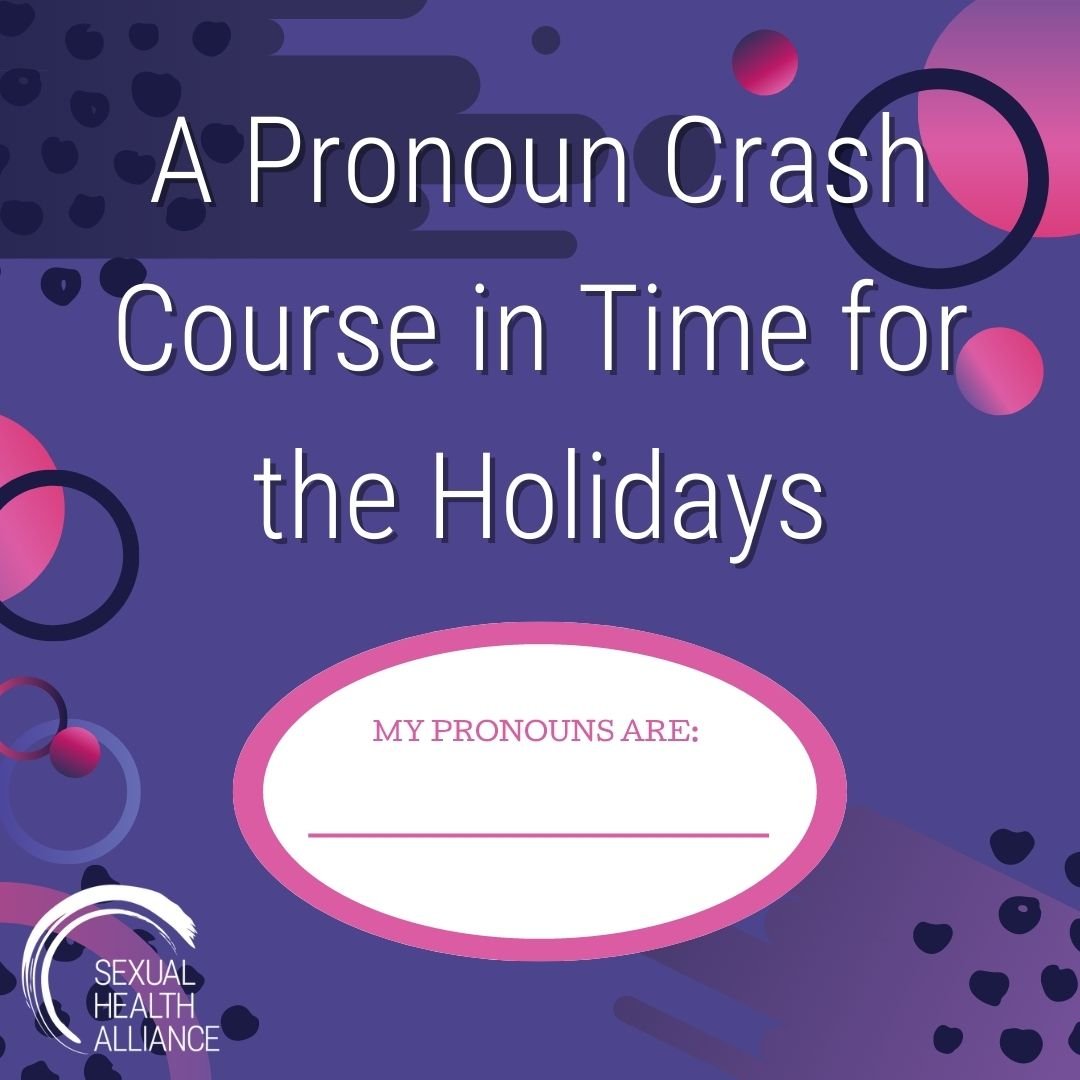Why Are Pronouns Important?
Gender identity can be a tumultuous and emotional journey, and for those brave enough to embrace their true selves, pronouns can be either affirming or detrimental to their mental health. For many, having others refer to them by their correct pronouns feels incredibly validating. On the other hand, being misgendered with incorrect pronouns can increase gender dysmorphia, which can have serious mental health implications. Further, having these conversations and making space for gender identity places these issues in focus for older family members who may not be accustomed to them.
The Pronoun Conversation: Etiquette
The best way to start the pronoun conversation is to share your own. By doing this, you open the space for everyone to share, which takes the pressure off of anyone in particular to initiate the conversation. Additionally, if everyone shares their pronouns initially, it decreases the likelihood of misgendering a friend, an experience that can be very hurtful. Another tip is to avoid the phrase “preferred pronouns” which implies that gender identity is a deliberate choice not an inherent part of one’s identity. Instead, just refer to them as “pronouns”, simple as that!
Pronoun options (this list in not inclusive, people can use any pronouns or combinations of pronouns they desire):
She/her/hers
He/him/his
They/them/their
Co/co/cos
En/en/ens
Ey/em/eir
Xie/hir/hir
Yo/yo/yos
Ze/zir/zir
Ve/vis/ver
Some people may prefer not to use pronouns at all! In this case, refer to them by their name each time you reference them.
How to Work Pronouns Into Your Holidays
As for how to initiate the pronoun conversation, we have a few ideas for you. One option is to make name tags or place cards for larger gatherings that include each person’s name and pronouns. Another option is to have guests write their name and pronouns on their drink cups which they will be carrying around with them. To have the conversation the old fashioned way, set aside a time for everyone to gather and introduce themselves. They can include their name, pronouns, a fun fact, or answer a question you provide such as, “What are you thankful for this year?” or “What is your favorite holiday tradition?”
Finally, if you do make a mistake and use the wrong pronouns for someone, apologize to them and move past it, remembering to not make this mistake in the future. Try not to make the person feel uncomfortable or guilty for letting you know your mistake, instead, appreciate their honesty and courage.
By Sydney Sullivan




